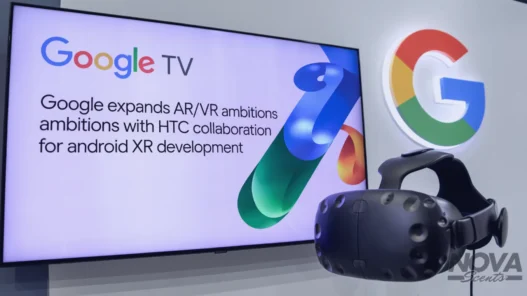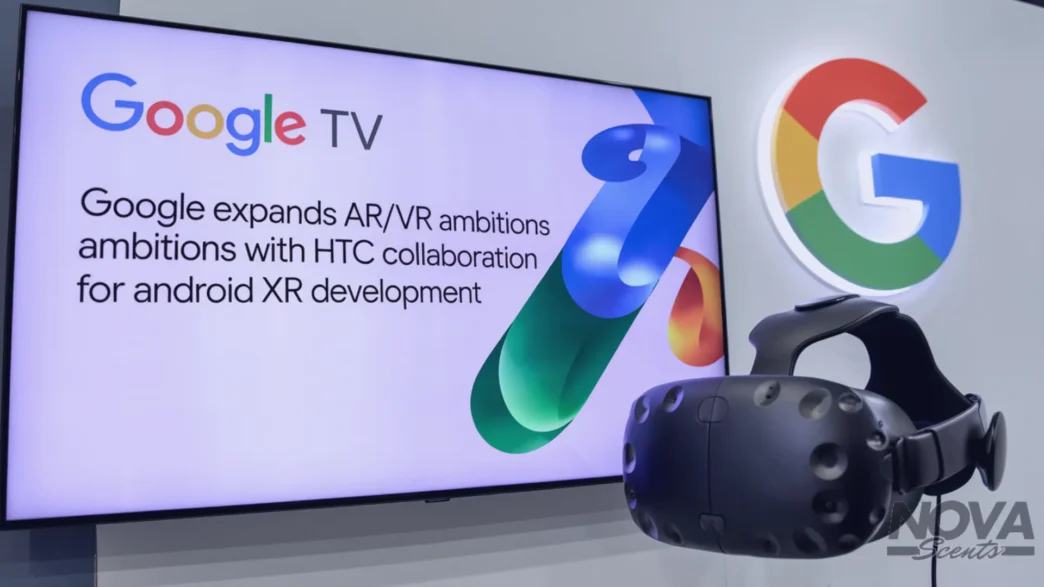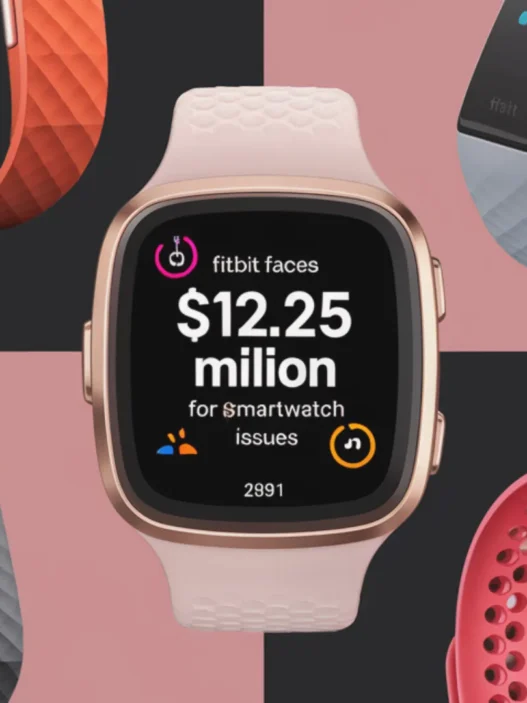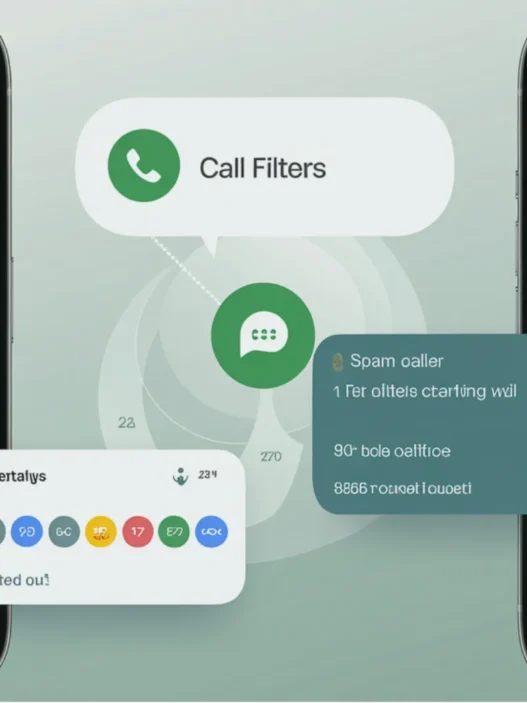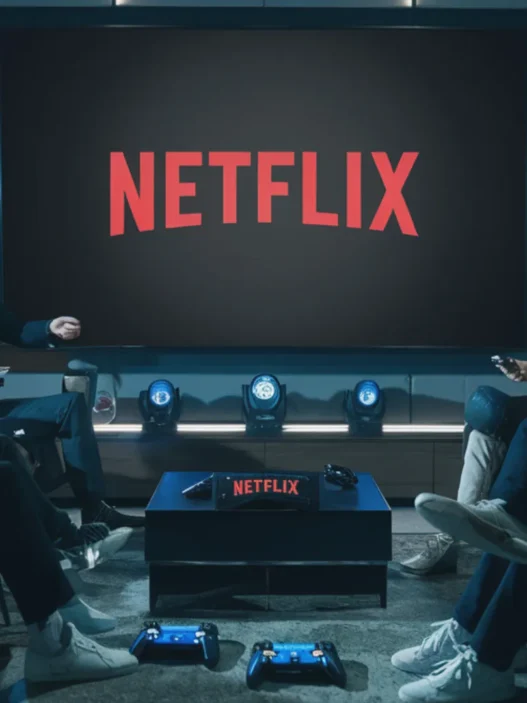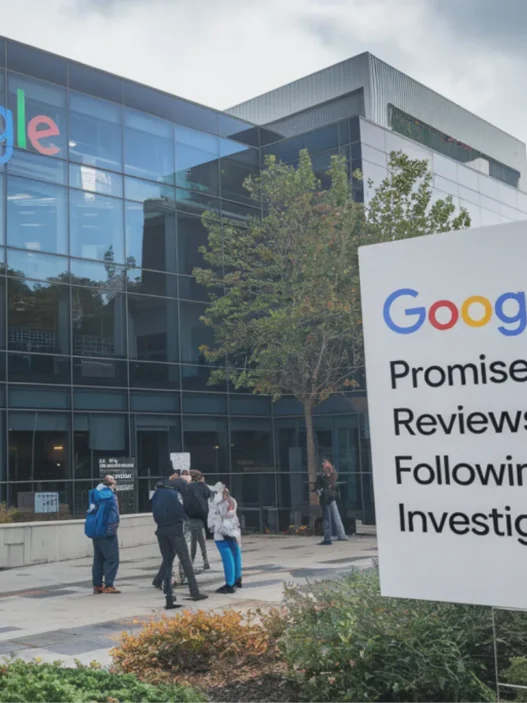Google will not allow people under 10 to download the app until December 2024, when it unveils Android XR, a new platform to drive virtual reality (VR) headsets and augmented reality (AR) smart glasses. Google is partnering with HTC on a significant partnership to help accelerate the platform’s development, acquiring some of the expertise that goes into HTC’s Vive AR/VR products.
Inviting HTC Vive Engineers to Google
In an announcement, Google said that engineers from HTC Vive are being brought aboard to expand Google’s Android XR development team. When Google agreed to pay $1.1 billion for HTC’s mobile division to be integrated into its Pixel hardware efforts, this move was consistent with Google’s 2015 spin-off of Motorola Mobility. Yet, like in 2017, this doesn’t mean HTC fully sold itself in this deal.
Under the new deal, worth $250 million, Google will receive nonexclusive rights to HTC’s intellectual property associated with XR technologies. HTC continues innovating and manufacturing Vive-based products in XR (Extended Reality) and secures its position in the XR landscape.
What Does This Mean for HTC and Google?
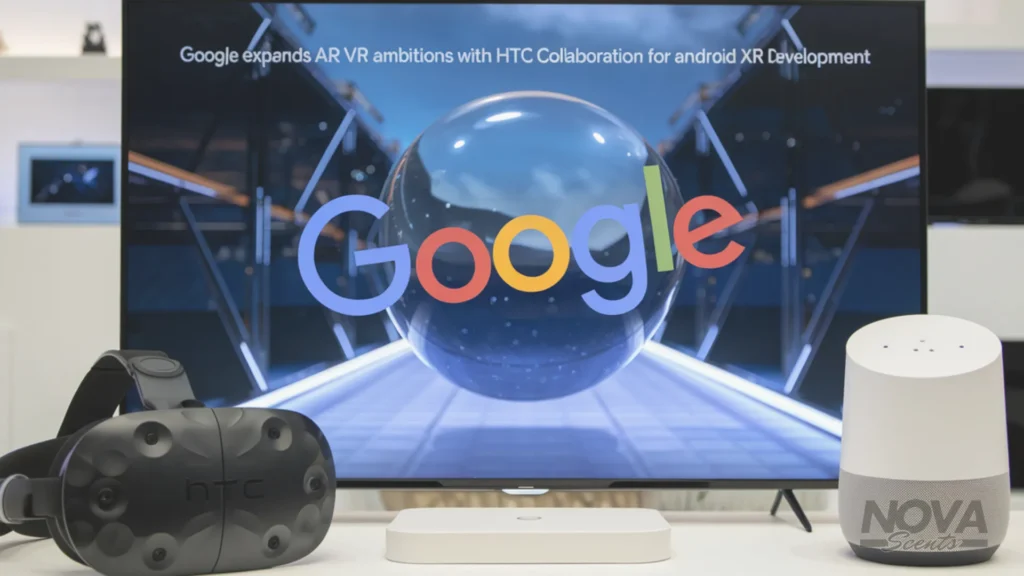
HTC believes the partnership will play a minor role in future AR initiatives. While the deal gives HTC the resources to promote its Vive product line, it should also help Google fast-track the Android XR ecosystem. Subject to regulatory approvals, the transaction is expected to close by Q1 2025.
Google’s ambitions in the XR space are clear: its goal is to build a robust open-source platform like Android for AR and VR devices. The company is integrating HTC’s Vive engineering talent to allow it to compete with industry leaders, helping to push the boundaries of extended reality (XR) technologies.
The Growing AR/VR Landscape
The investment from Google in Android XR is part of a more significant industry trend. The AR/VR market is heating up as tech giants intensify their focus on extended reality technologies:
The Vision Pro was priced at $3,500, a splash made by Apple. While these numbers don’t land you onto the level of sales lighting up the classroom of the Steam deck, they have set a benchmark for AR/VR headsets and supplied the tech behemoth with a sound to refine future versions, AR smart glasses that are promised for release in 2027.
Samsung ensures it can devise the first VR box designed around the Android XR platform, which is codenamed Project Moohan. In late 2024, Samsung got a sneak peek at the headset and intends to reveal it fully sometime this year.
A Collaborative Future for Extended Reality
This collaboration between Google and HTC moves the tech industry closer to the trend of partnering to tackle the challenges of AR/VR development. Google wants to use the Android XR platform to create an ecosystem that matches Apple’s VisionOS and similar products.
It is a huge step forward for Google as it adds HTC Vive engineers and the IP for XR. HTC’s deal would refine its Vive products and ensure its continued relevance in an increasingly fast-changing AR/VR market.
We have reached the AR and VR competition boom; consumers can expect more innovative and cheaper devices and richer AR and VR ecosystems of applications and experiences.
Ethan Cole is a tech aficionado dedicated to exploring the latest innovations and gadgets, providing reviews and insights to keep you updated in the tech world.








